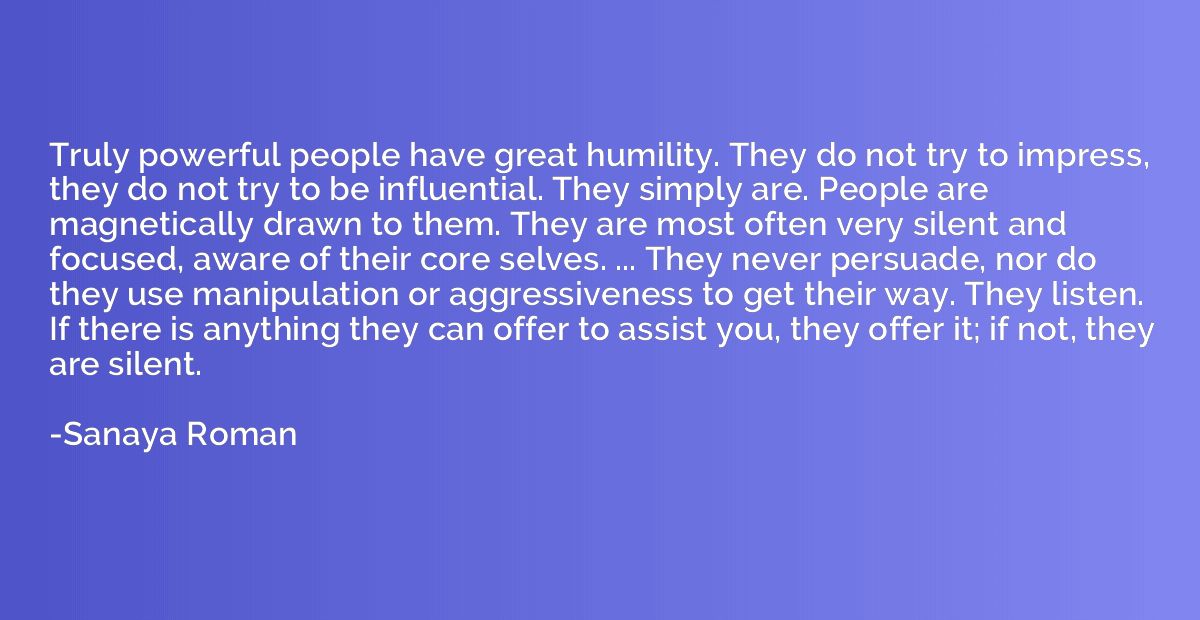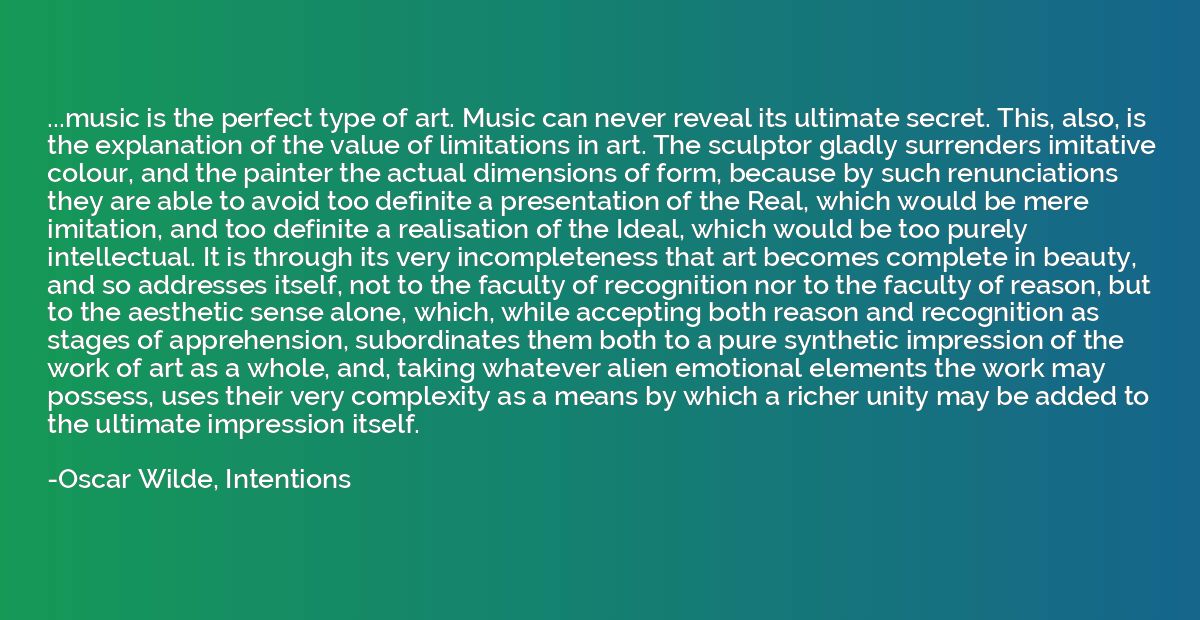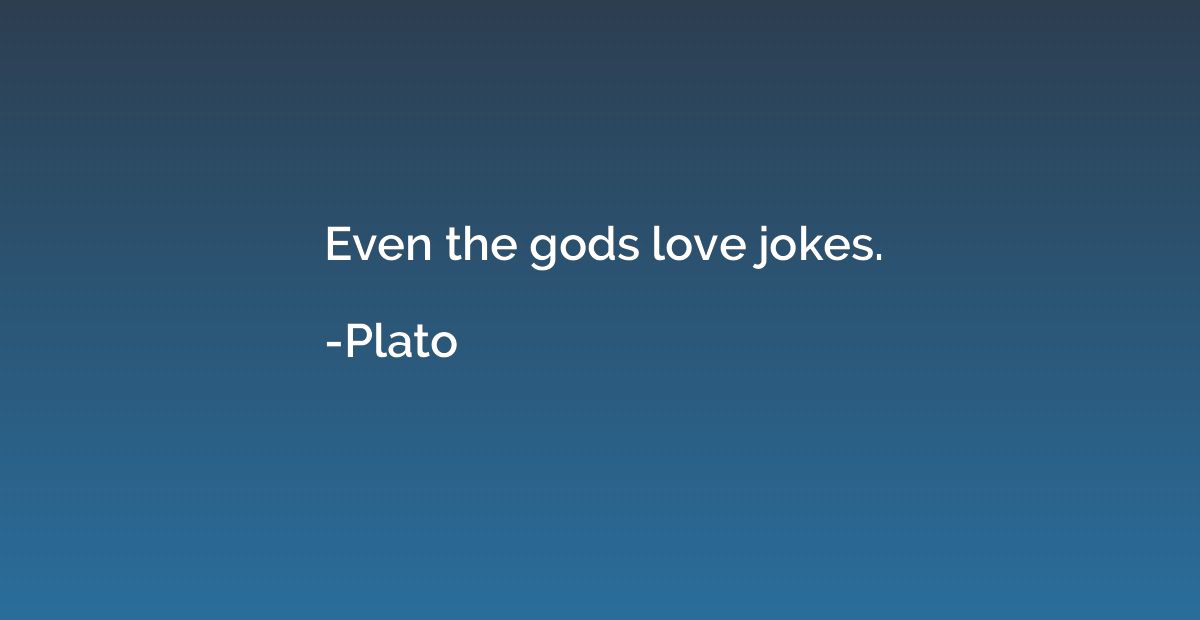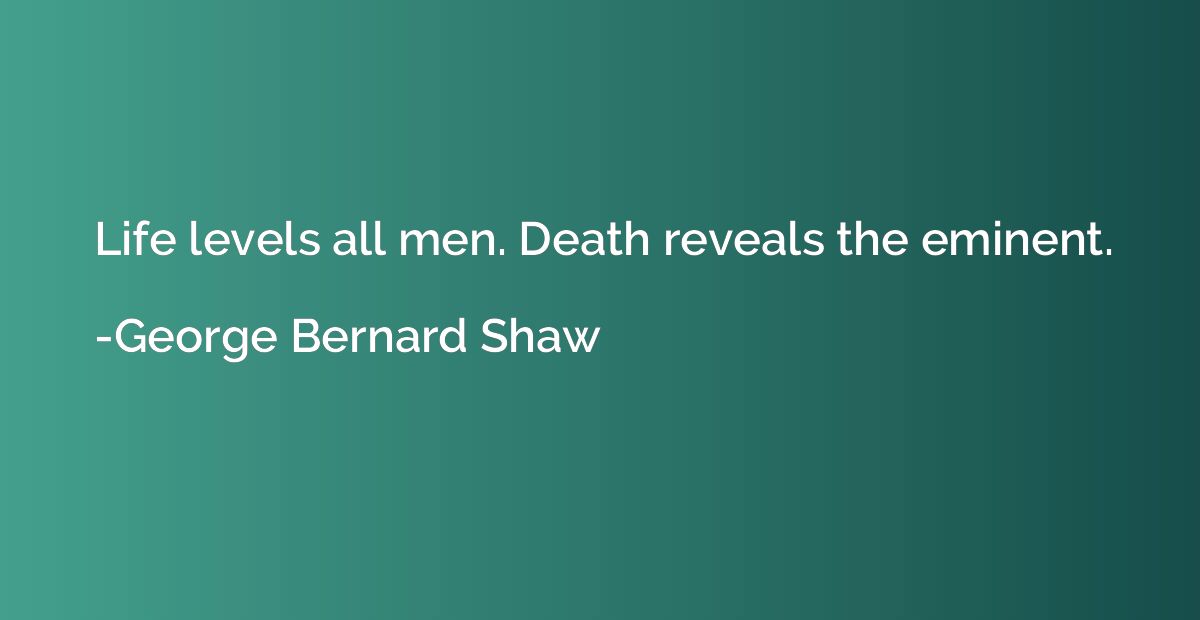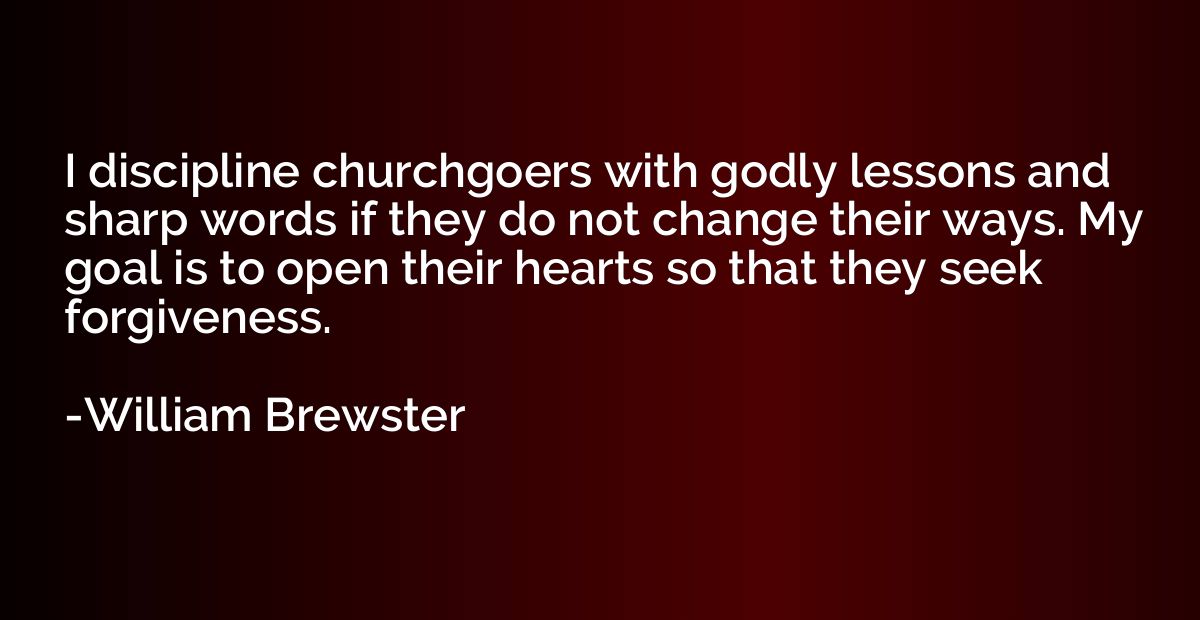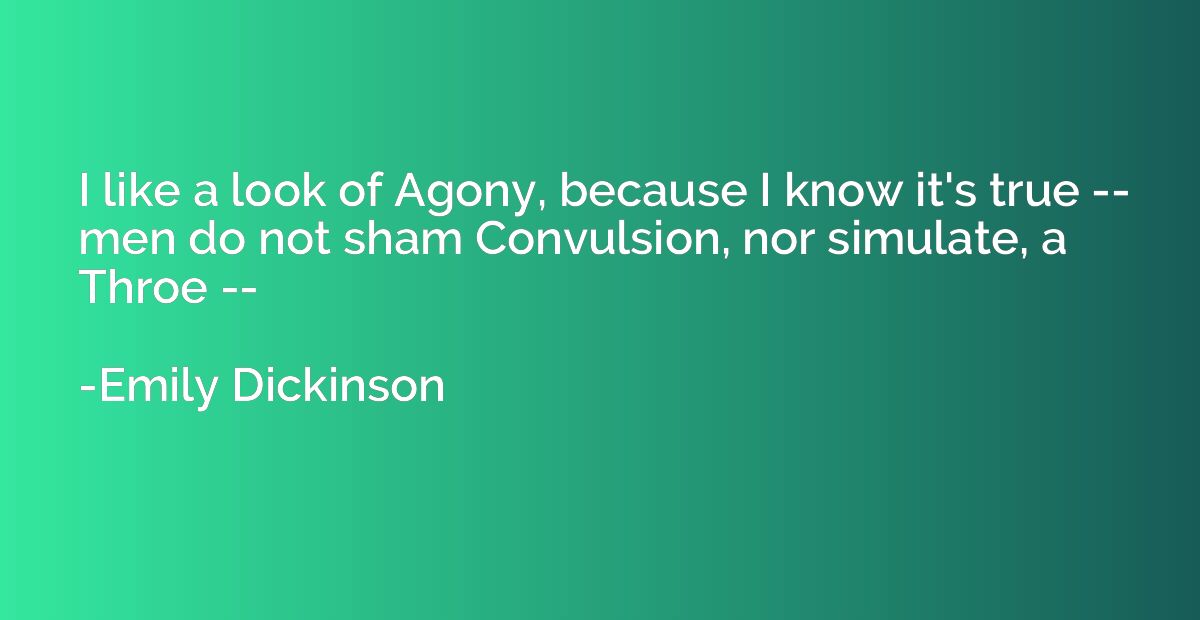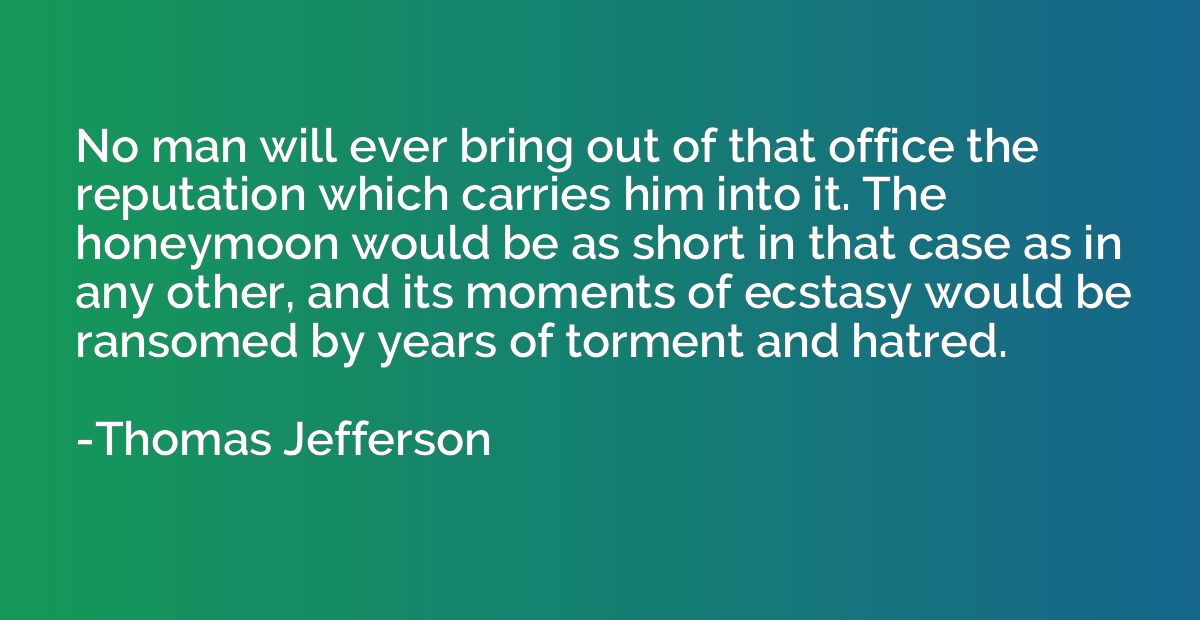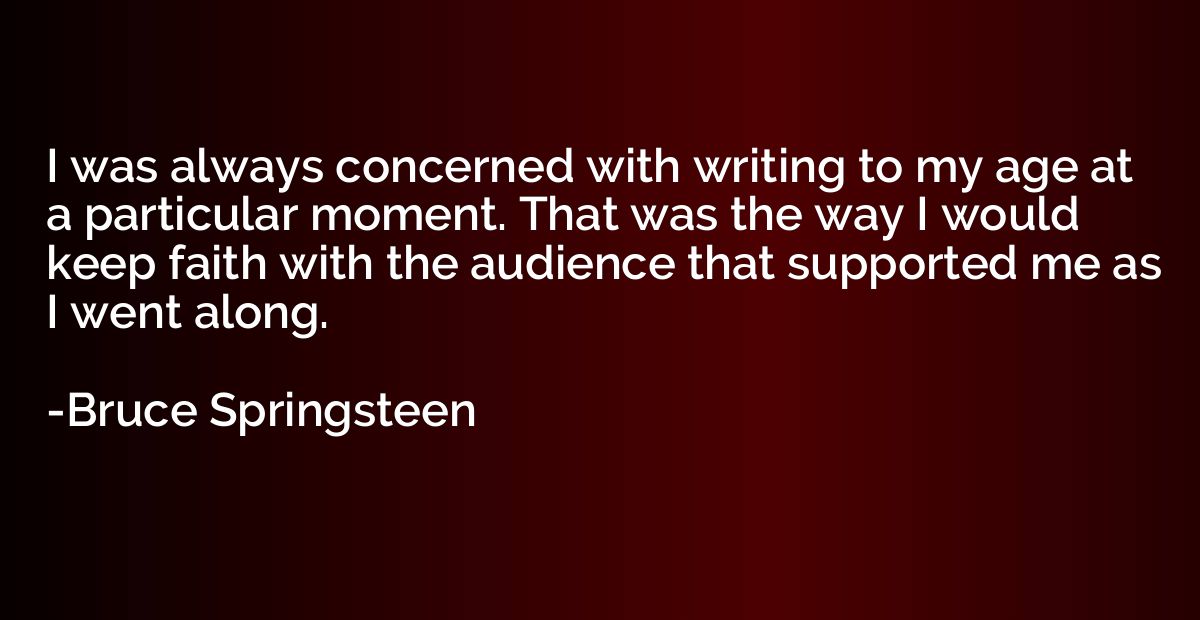Quote by John Keats, Lamia (part ii), 181
What wreath for Lamia? What for Lycius?What for the sage, old Apollonius?Upon her aching forehead be there hungThe leaves of willow and of adder's tongue;And for the youth, quick, let us strip for himThe thyrsus, that his watching eyes may swimInto forgetfulness; and, for the sage,Let spear-grass and the spiteful thistle wageWar on his temples. Do not all charms flyAt the mere touch of cold philosophy?There was an awful rainbow once in heaven:We know her woof, her texture; she is givenIn the dull catalogue of common things.Philosophy will clip an Angel's wings,Conquer all mysteries by rule and line,Empty the haunted air, and gnomed mine -Unweave a rainbow, as it erewhile madeThe tender-person'd Lamia melt into a shade.http://www.classicreader.com/read.php/sid.4/bookid.1076/sec.2/
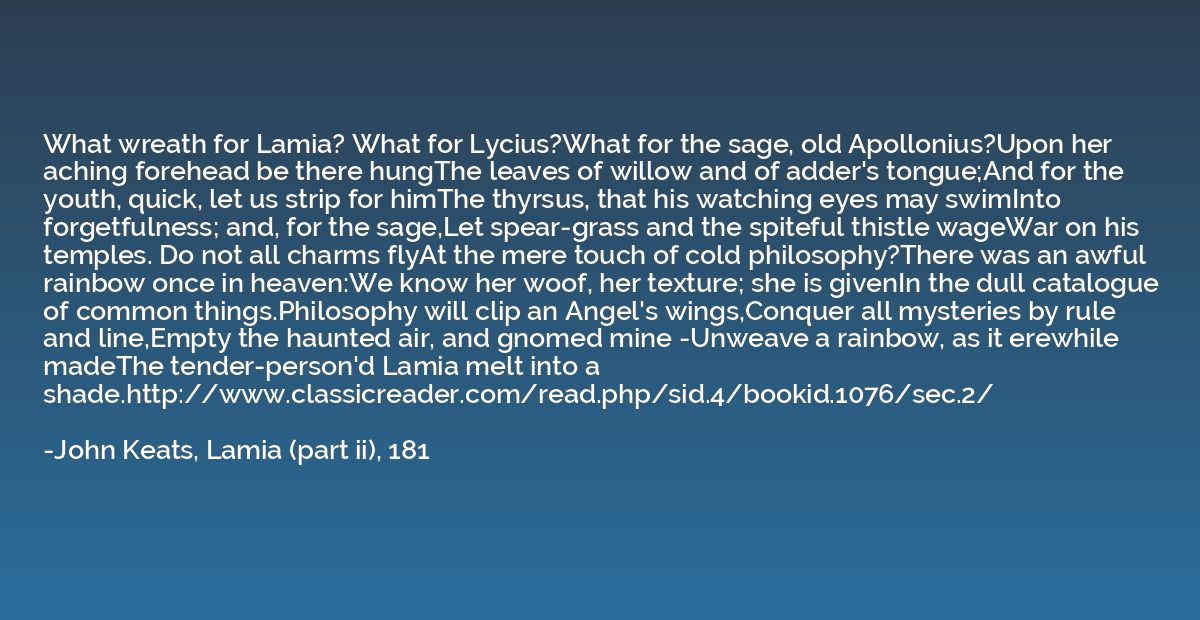
Summary
This quote, taken from John Keats' "Lamia," highlights the clash between art and philosophy. The speaker suggests that charms and beauty, symbolized by wreaths and the thyrsus, cannot coexist with cold, analytical philosophy. The reference to the rainbow, a mystical and enchanting phenomenon, represents the essence of beauty and wonder that can be unraveled and diminished by philosophical analysis. The quote implies that philosophy's rational approach dismisses the ethereal and mysterious qualities of art, reducing them to mere catalogued and dissected concepts.



